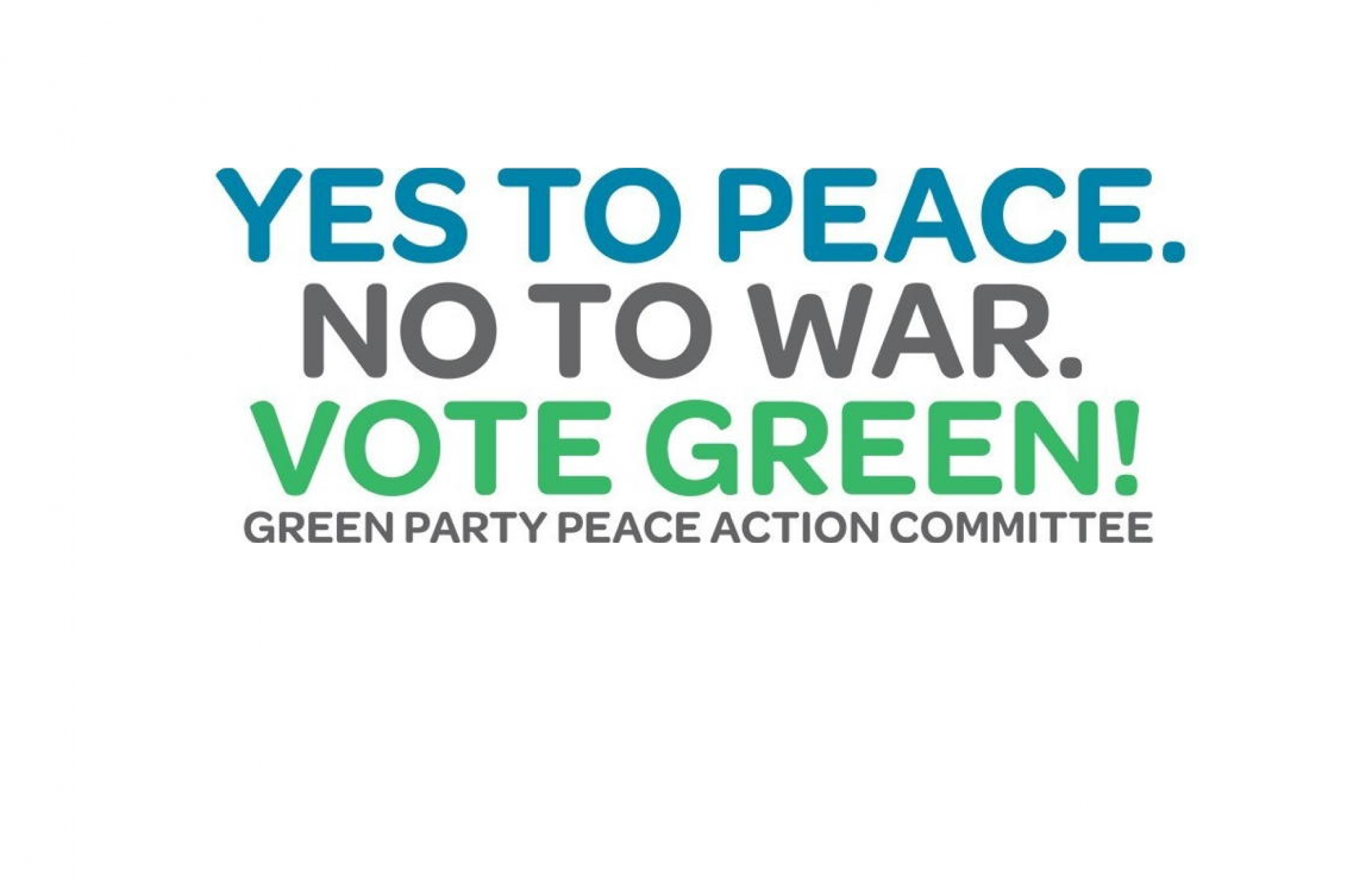By Rusty Tomlinson
In Truthout, Stephen Zunes examined some of the history of Anthony Blinken, President Elect Biden’s designee for Secretary of State.
Biden and Blinken have worked together for many years. In 2002, when W. went to Congress asking for the Authorization for the Use of Military Force, Biden chaired the US Senate Foreign Relations Committee and Blinken was the Democratic staff director of that committee. Together, they limited the hearings on the authorization to a day and a half and ensured that all the testimony would come from hawks, allowing no Middle East experts or weapons inspectors to testify. Thus, we were thrust into an unnecessary, illegal and disastrous war.
The Authorization for the Use of Military Force has yet to be repealed, meaning that W., Obama and Trump all had absolute authority to determine the use and disposition of the military. So will Biden, until it is repealed.
Blinken complained that we didn’t send enough forces to the Syrian Civil War and he opposed withdrawing from Syria. He even went against Biden, when Biden opposed our involvement in the Libyan Civil War.
Along with Michele Flournoy. Biden’s choice for Secretary of Defense, Blinken founded West Exec Advisors, a consulting firm, whose client list is secret, but is thought to include military contractors and an Israeli artificial intelligence firm with close ties to the military.
Another position Blinken shares with Biden is a refusal to make billions in aid and arms to Israel dependent upon Israel’s compliance with international humanitarian laws. Both Blinken and Biden have often criticized the Palestinian Authority, but not Israel.
Israeli authorities are very happy with the choice of Blinken. Former Israeli ambassador to Washington, Michael Oren, said, “I can think of no finer choice.” Biden’s and Blinken’s opposition to making aid to Israel dependent upon Israel’s adherence to humanitarian international law draws into question whether they will insist upon such adherence from other allies.
In 2015, John Kerry made a Palestinian/Israeli peace proposal. Despite Palestine’s recognition of the Israeli State and Israel’s flat refusal to recognize the Palestinian State
